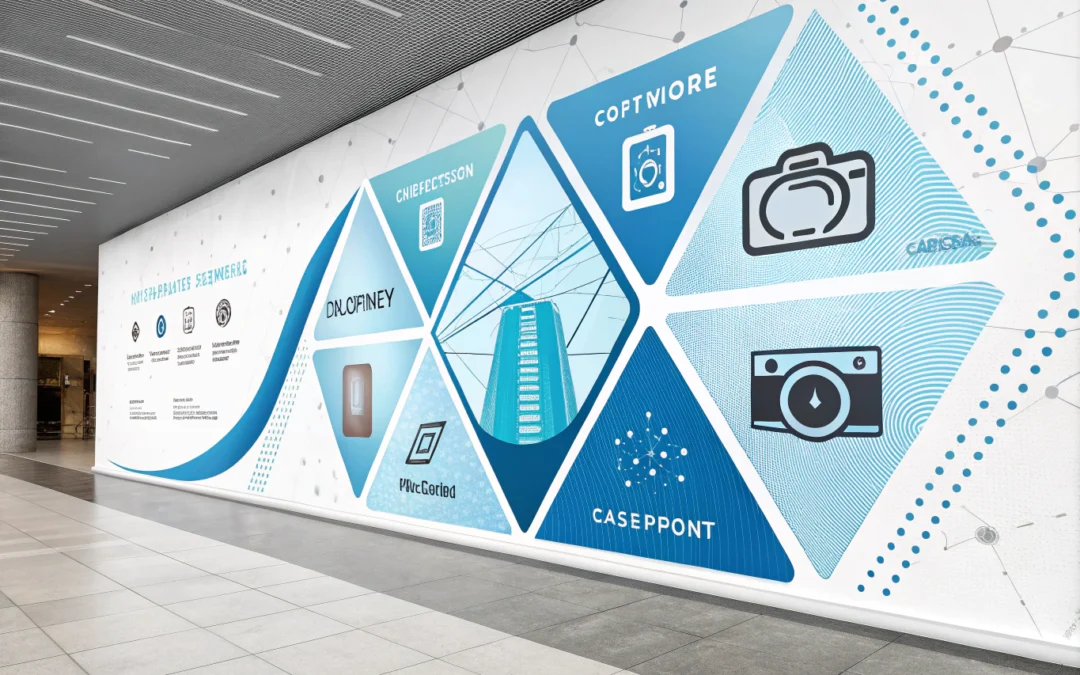The Digital Lens: AI in Passport Photography
Artificial Intelligence has penetrated many layers of our daily lives, from recommending what to binge-watch next, to helping us perfect our passport photos. Yes, you read that right—passport photos. This seemingly mundane task has become another domain where AI is quietly flexing its transformative muscles. The walmart passport photo guide gives us a glimpse of how machine learning is being harnessed to streamline and optimize this process.
How AI is Shaping Passport Photography
Let’s be honest, getting a passport photo taken has traditionally been an exercise in patience and compromise. You sit under harsh fluorescent lights, trying hard not to blink or smirk as the camera captures your fate. But now, AI is making this process less painful and more efficient. It’s like having an eager intern who remembers all the rules and regulations, making sure your photo meets every criteria mandated by passport authorities.
AI-driven software can now identify and correct common issues like improper lighting, shadows, and even minor facial obstructions. What’s more, these solutions aren’t just correcting errors—they’re predicting them. With machine learning models trained on thousands of images, they can anticipate potential pitfalls and offer real-time suggestions. It’s as if your AI intern has learned not just from you but from a legion of its predecessors.
The Technical Backbone: Behind the Scenes
So, what’s under the hood? AI systems utilize computer vision and deep learning algorithms to scrutinize each pixel for compliance. They understand dimensions, scale, and contrast better than the most experienced human photographer. These systems can adjust settings dynamically, ensuring your photo is not just compliant, but flattering as well. This approach aligns with the innovation seen in Walmart Vision, where technology meets practicality to enhance everyday experiences.
Of course, this is not magic—it’s mathematics and computer science. Image recognition models are trained using vast datasets, allowing them to understand what constitutes an acceptable passport photo. As these models evolve, they become more adept at handling the nuances of human facial features and variations in skin tones. The result? A passport photo that’s as good as it can be before you even leave the house.
Beyond Photography: The Broader Implications
What’s fascinating here is the broader implication of AI’s involvement in passport photography. It signifies a shift in how we perceive mundane tasks. We’re witnessing a democratization of technology that was once confined to huge corporate studios, now accessible to anyone with a smartphone or a photo booth app.
And while AI is optimizing these processes, it’s also laying the groundwork for more complex applications. Imagine AI not just taking your photo, but verifying your identity in real-time for security checks at airports or even online transactions. Similarly, tools powered by AI can help a Walmart Seller streamline product listings and improve visual presentation for better customer engagement. The same technology can be applied to facial recognition in various sectors, from healthcare to retail, offering a glimpse of a future where AI becomes an invisible but integral part of our personal and professional lives.
Actionable Steps for Entrepreneurs and Developers
If you’re an entrepreneur or developer excited about these possibilities, here are some actionable steps:
- Explore APIs and SDKs that offer computer vision capabilities. Familiarize yourself with platforms like Google Vision or Amazon Rekognition.
- Consider developing applications that leverage AI for other compliance-driven photography needs, like visas or driver’s licenses.
- Stay updated with the ethical discussions surrounding AI and facial recognition to ensure your solutions are both innovative and responsible.
As we continue to integrate AI into our daily routines, the key is to keep it human-centered. Remember, the best AI is like the best intern—not just efficient, but also intuitive, adaptive, and aligned with our needs.
Frequently Asked Questions About Walmart Passport Photo Services
Does Walmart take passport photos?
Yes, Walmart takes passport photos at many of their locations. They provide a convenient service where you can have your passport photo taken in-store, ensuring it meets all the necessary requirements for passport applications.
Can I get my passport photo taken at Walmart?
Absolutely! You can get your passport photo taken at Walmart at most Walmart stores with a photo center. This service is quick and affordable, and it ensures your photo complies with the specifications required by the government.
How much do Walmart passport photos cost?
The cost of Walmart passport photos is typically around $7.44 for two prints. However, prices may vary slightly depending on your location. It’s always a good idea to check with your local store for the most accurate pricing.
What is the process for getting a passport photo at Walmart?
The process is simple and efficient. First, visit the Walmart photo center in-store. A staff member will assist you in having your photo taken according to the official guidelines. After the photo is taken, you will receive your prints within minutes, and you’ll be ready to submit them with your passport application.
Can I take passport photos at Walmart without an appointment?
Yes, you can walk into most Walmart stores to take walmart passport photos without an appointment. However, it’s recommended to check ahead, as some locations may require appointments or have specific hours for passport photo services.
Checkout ProductScope AI’s Studio (and get 200 free studio credits)

